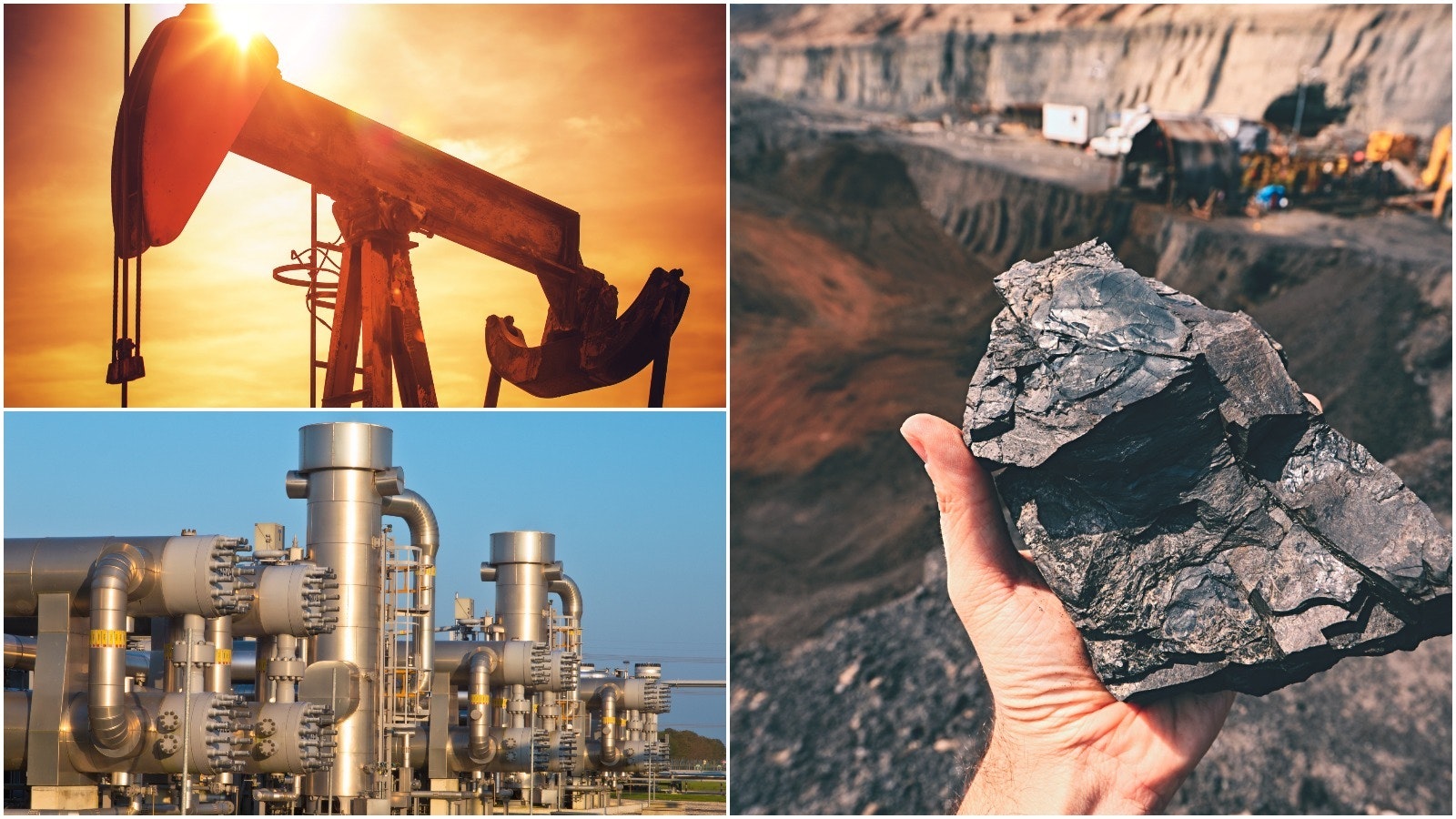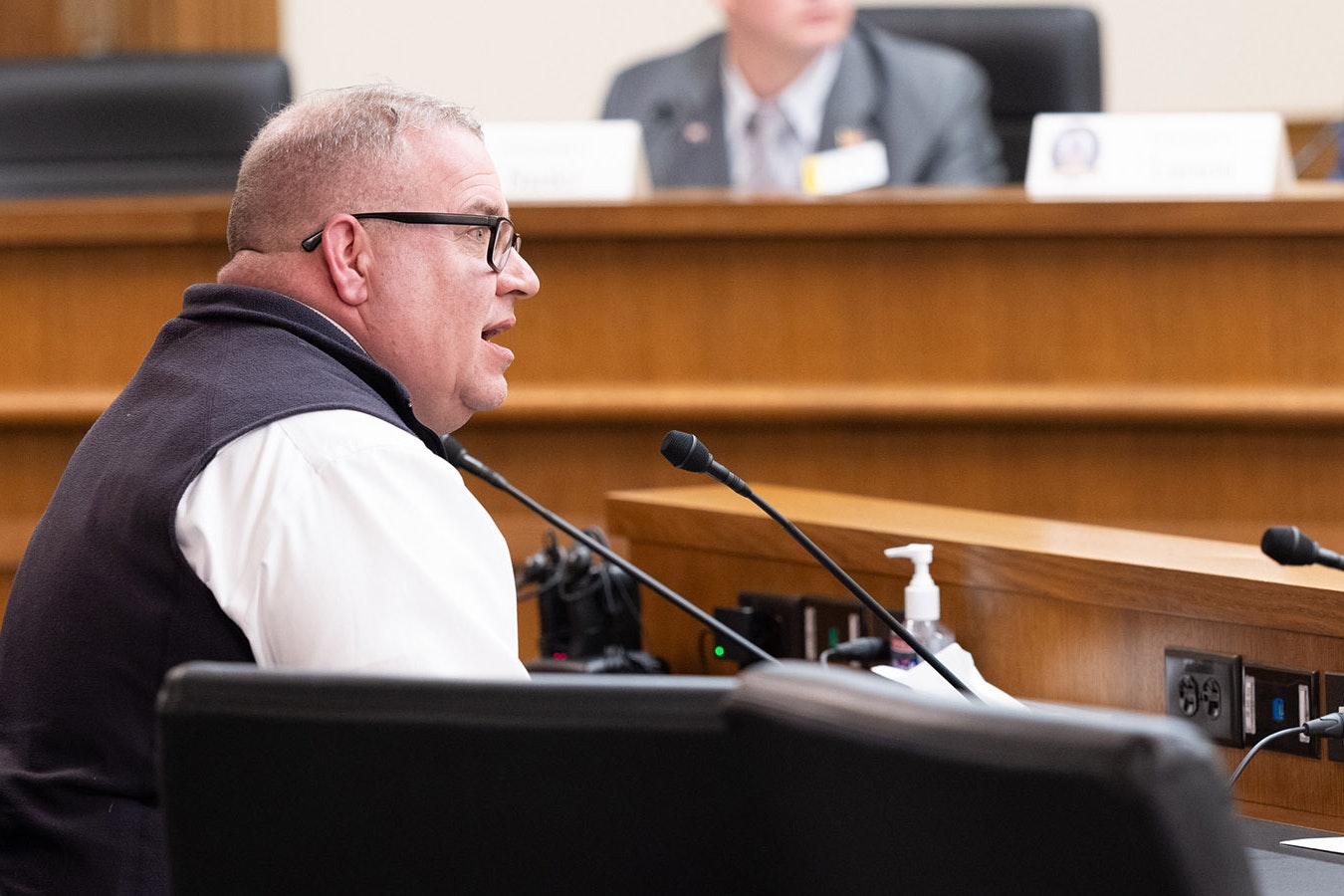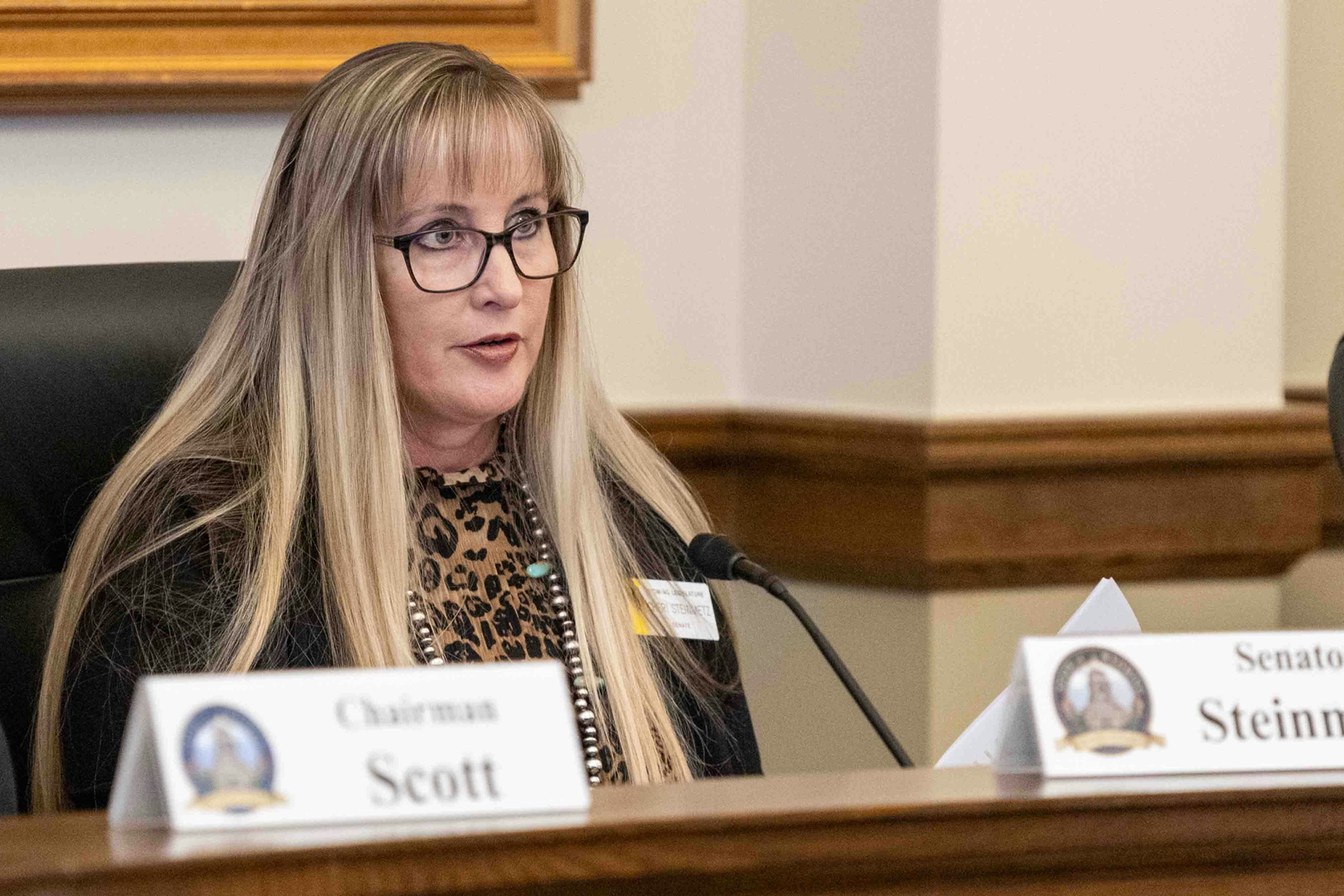By Don Thorson, Guest Columnist
My knowledge of the Wyoming tax system began 40 years ago when I was elected to the state legislature and was appointed to the revenue committee. Taxes in Wyoming were based on a three-legged stool principle.
The three legs were sales tax, tourism, and property taxes, of which mineral taxes was a large component.
Wyoming, because of its physical nature, does not lend itself to an organized community as most other states do. It is rather a group of widely separated communities tied together by the railroads and agriculture interests.
Larger populations were in the southern tier along the UP railroad and a few communities in the central portion. These generally prospered along with some others where oil and gas were discovered.
Oil became a major contributor to the property tax portion and soon became a dominant portion of the property tax component. This caused large disparities of wealth within counties and especially in the school systems.
The discrepancy has been mostly corrected by an equalization of the school portion of the tax. There is a problem with the way the property taxes on minerals were collected, because the taxes were not paid until about 18 months after the oil was sold.
The operators were then able to use that lag for payment of their operations and to pay the taxes out of next year’s production. This process worked fairly well because of growth and stable prices.
Problems could arise if an operator failed and could not pay last year’s taxes. This problem did make itself known in recent times because of the drastic increase in prices and also in the coal industry, which is subject to the same accounting.
I have spent my life in the oil industry and could see a problem arise. I have tried for some 30 years to get the legislature to make a change in the way property taxes are collected on mineral production.
This lack of change caused the loss of over $100 million in recent years, most of which would have gone to schools. The revenue committee finally did it recently with thanks to efforts of Mike Madden and Cale Case.
There are major changes which still need to be addressed though. The people of Wyoming are beneficiaries of a welfare system from which they receive about $6,000 worth of service but only pay less than $2,000 in taxes.
The people and the government are going to have to learn to live with a reduction of this 60% subsidy to their taxes.
This discrepancy occurred because of the high prices for energy and the coal bonus prices, which are in a steep decline.
We have built some of the finest schools in the nation but are starting to have trouble maintaining them.
There is a need for value-added industry, but the basic nature of the state does not lend itself to that type of industry. The state spends large sums of money to entice companies to locate here, but the state receives no revenue from these companies other than a little property tax because of the way our system works.
There is only one other source for increased funds, and that is from the people. We could start with a business income tax. Many of the businesses in Wyoming are owned by out-of-state firms.
Most of these firms are domiciled in states that have a business tax, so they wind up paying tax on the money they earn in Wyoming to their home state. Mineral extraction companies would be exempt because they pay about 25% tax on their gross income without any exemptions.
The other main source could be a personal income tax starting at $100,000. An amendment in the Constitution requires that lower income people would not pay income tax because their sales and property taxes would be a credit against any income tax.
Taxes are always unpleasant to discuss, but they are a necessary part of the world in which we live. The legislature could return the power and duty of personal taxation to the city councils and county commissioners where it really belongs.
The property valuation factor could be raised either in increments or all at once. The mandatory school levies would need to be adjusted for this to happen.
The people of Wyoming have long been fortunate to have many of their services paid for by the mineral industry, but our needs and desires have outgrown the ability of that industry to carry us.





